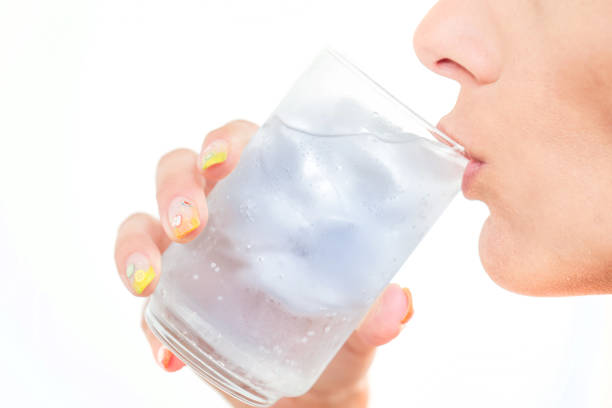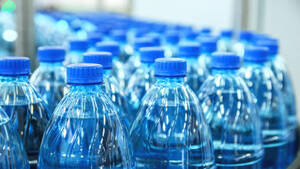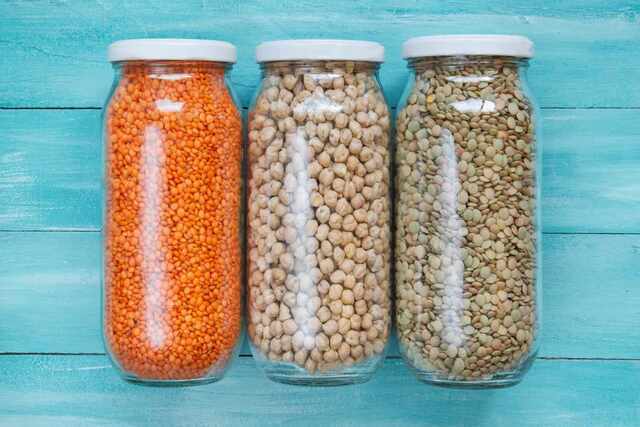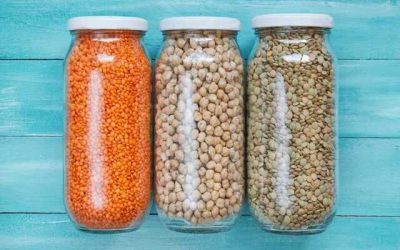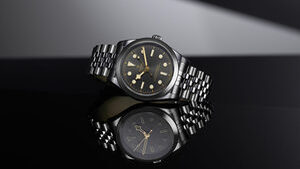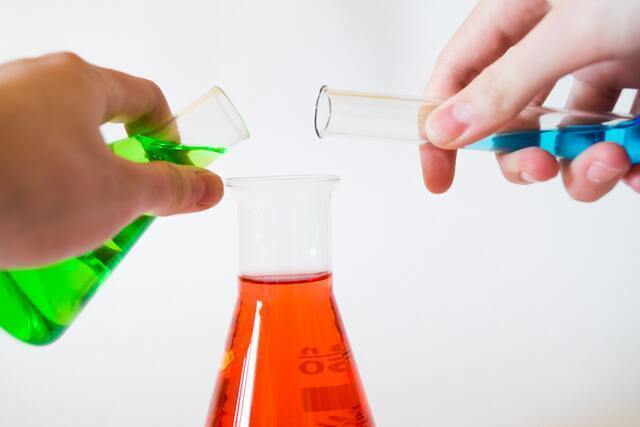Staying hydrated is crucial for our health, but there’s some debate approximately the best temperature for water to be when humans drink it. Some advocates trust that consuming bloodless water may be awful for the health.
Consuming sufficient water every day is critical for assisting all bodily capabilities, along with digestion and metabolism, casting off waste, preserving a ordinary frame temperature, and retaining organs and tissues healthy.
In this newsletter, we have a look at whether consuming bloodless water is horrific for people. We also cowl the potential risks and benefits of consuming bloodless water and whether it’s far higher to drink warm or bloodless water.
Is drinking cold water awful for you?
According to the Indian traditions of Ayurvedic medication, bloodless water can reason an imbalance to the frame and sluggish down the digestive procedure.
The body has a center temperature of round ninety eight.6°F and Ayurvedic practitioners motive that the frame desires to dissipate additional electricity to restore this temperature after consuming bloodless water.
In the Ayurvedic tradition, bloodless water can hose down “the fireplace,” or Agni, which fuels all of the systems inside the frame and is crucial to health. Ayurvedic practitioners also believe that heat or hot water enables to ease digestion.
In Western medicine, there may be little scientific proof to signify that bloodless water is bad for the frame or digestion. Drinking masses of water can help the frame flush out pollutants, aid digestion, and prevent constipation.
A small examine from 2013Trusted Source investigated the results of drinking water at different temperatures in six people who have been dehydrated, following mild exercise, in a hot and humid chamber.
The researchers determined that converting the water temperature affected the sweating reaction of the participants and how much water they drank. The top of the line water temperature in the take a look at changed into sixteen°C (60.8°F), that is the temperature of cool tap water due to the fact the participants drank greater water and sweated less.
The researchers concluded that ingesting water at sixteen°C may be the best temperature for rehydration in dehydrated athletes.
Risks of ingesting cold water
Some studies indicates that humans with conditions that have an effect on the esophagus, or meals pipe, along with achalasia, ought to keep away from drinking bloodless water. Achalasia is a rare condition that may make swallowing foods and drinks tough.
A 2012 study found that drinking bloodless water worsened symptoms in human beings with achalasia. However, while contributors drank warm water, it helped soothe and relax the meals pipe, making food and drink less difficult to swallow.
One 2001 observe involving 669 women Trusted Source indicates that drinking cold water can also cause complications in a few humans.
The researchers said that 7.6 percentage of members experienced a headache after ingesting 150 milliliters of ice-cold water through a straw. They additionally found that members with active migraine have been two times as likely to get a headache after consuming bloodless water as individuals who had never had a migraine.
Some people claim that ingesting cold beverages and ingredients can purpose a sore throat or cold. However, there’s no scientific evidence to assist this claim.

